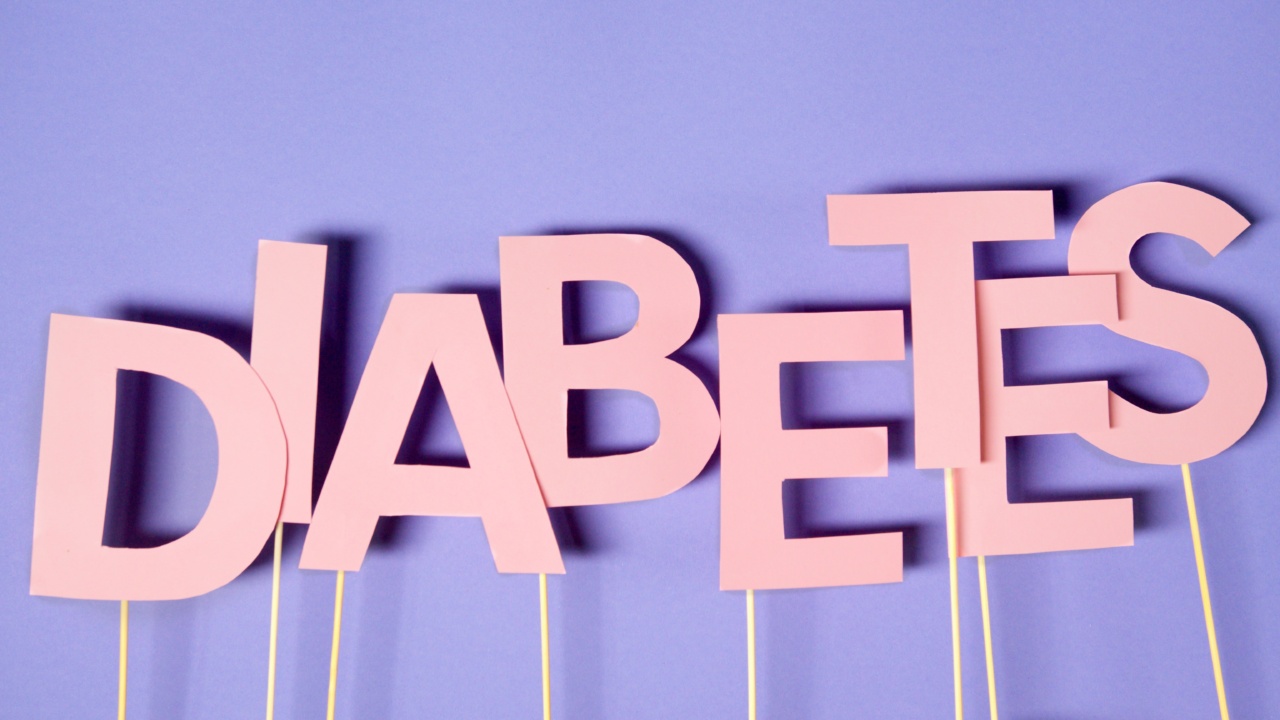Metabolism plays a crucial role in our body’s ability to burn calories and maintain a healthy weight.
However, there are many myths and misconceptions surrounding metabolism, particularly when it comes to the concept of a “slow metabolism.” In this article, we will explore the truth behind these myths and provide a clearer understanding of how our metabolism actually works.
1. Myth: Slow metabolism is the sole cause of weight gain
One common misconception is that having a slow metabolism leads to weight gain. While it is true that a slower metabolic rate can make it slightly easier to gain weight, it is rarely the sole cause.
Weight gain is typically the result of consuming more calories than your body needs, regardless of how fast or slow your metabolism is. Factors such as diet, physical activity levels, and hormonal imbalances also play significant roles in weight management.
2. Myth: You’re stuck with the metabolism you’re born with
Another myth is that your metabolic rate is predetermined by your genetics, and there’s nothing you can do to change it.
While it is true that genetics play a role in determining your metabolic rate to some extent, lifestyle choices such as exercise, diet, and overall health can influence and improve your metabolism. By adopting healthy habits, you can optimize your metabolic rate and potentially increase your calorie-burning potential.
3. Myth: Eating small, frequent meals boosts metabolism
There is a popular belief that eating smaller, more frequent meals throughout the day can rev up your metabolism. However, the effect of meal size and frequency on metabolism is minimal and varies between individuals.
The total number of calories consumed and the quality of those calories is more important for weight management. It is recommended to focus on a balanced diet with adequate protein, fiber, and nutrients rather than obsessing over meal frequency.
4. Myth: Drinking cold water boosts metabolism
It is often claimed that drinking cold water can increase metabolism by forcing the body to burn calories to warm up. While it is true that the body expends a small amount of energy to heat up cold water, the effect is negligible.
Staying hydrated is important, but drinking cold water alone won’t significantly impact your metabolic rate. It’s better to focus on overall hydration and a well-rounded diet for a healthy metabolism.
5. Myth: Certain foods have a significant impact on metabolism
There is no magic food that can drastically speed up your metabolism. While some foods, like spicy peppers, may have a minimal thermogenic effect, the overall impact on metabolism is minor.
A well-balanced diet that includes lean proteins, whole grains, fruits, and vegetables is important for overall health, but no single food will dramatically rev up your metabolism and lead to significant weight loss.
6. Myth: Metabolism slows down with age
While it is true that metabolism tends to decrease with age, the decline is often overstated.
The primary reason for weight gain as we age is generally due to a decrease in physical activity, muscle loss, and hormonal changes rather than a significant decline in metabolism alone. Regular exercise, strength training, and a healthy diet can help counteract age-related metabolic changes and maintain a healthy weight.
7. Myth: Supplements can boost metabolism
Many weight loss supplements claim to boost metabolism and promote fat burning. However, most of these claims are unsubstantiated or exaggerated.
While certain ingredients like caffeine or green tea extract may have a slight stimulatory effect, they are unlikely to produce significant, long-term metabolic changes. Instead of relying on supplements, it is best to focus on overall lifestyle factors such as exercise and a healthy diet to support a healthy metabolism.
8. Myth: Starving yourself helps to lose weight
Some people believe that severely restricting calories or skipping meals can accelerate weight loss by putting the body in “starvation mode,” causing the metabolism to slow down. However, this is a myth.
Severely restricting calories can actually have the opposite effect, as the body responds to the lack of food by conserving energy and slowing down the metabolic rate. Sustainable weight loss comes from a balanced, nutrient-rich diet, combined with regular exercise.
9. Myth: Exercise alone determines metabolic rate
While exercise does increase calorie expenditure, it does not solely determine metabolic rate. Basal metabolic rate (BMR), which is the number of calories your body burns at rest, accounts for a significant portion of your daily energy expenditure.
Factors such as muscle mass, body composition, genetics, and hormone levels also influence your BMR. Incorporating strength training into your fitness routine can help build lean muscle mass, which can contribute to a higher metabolic rate.
10. Myth: Fad diets can boost metabolism and lead to sustainable weight loss
Fad diets that severely restrict calories or eliminate entire food groups might claim to boost metabolism and achieve quick weight loss. However, such diets are not sustainable and can negatively impact your overall health.
Additionally, any initial weight loss experienced through extreme dieting is often due to water weight or muscle loss rather than fat loss. Long-term weight management is best achieved through a balanced diet and lifestyle practices that support a healthy metabolism.































